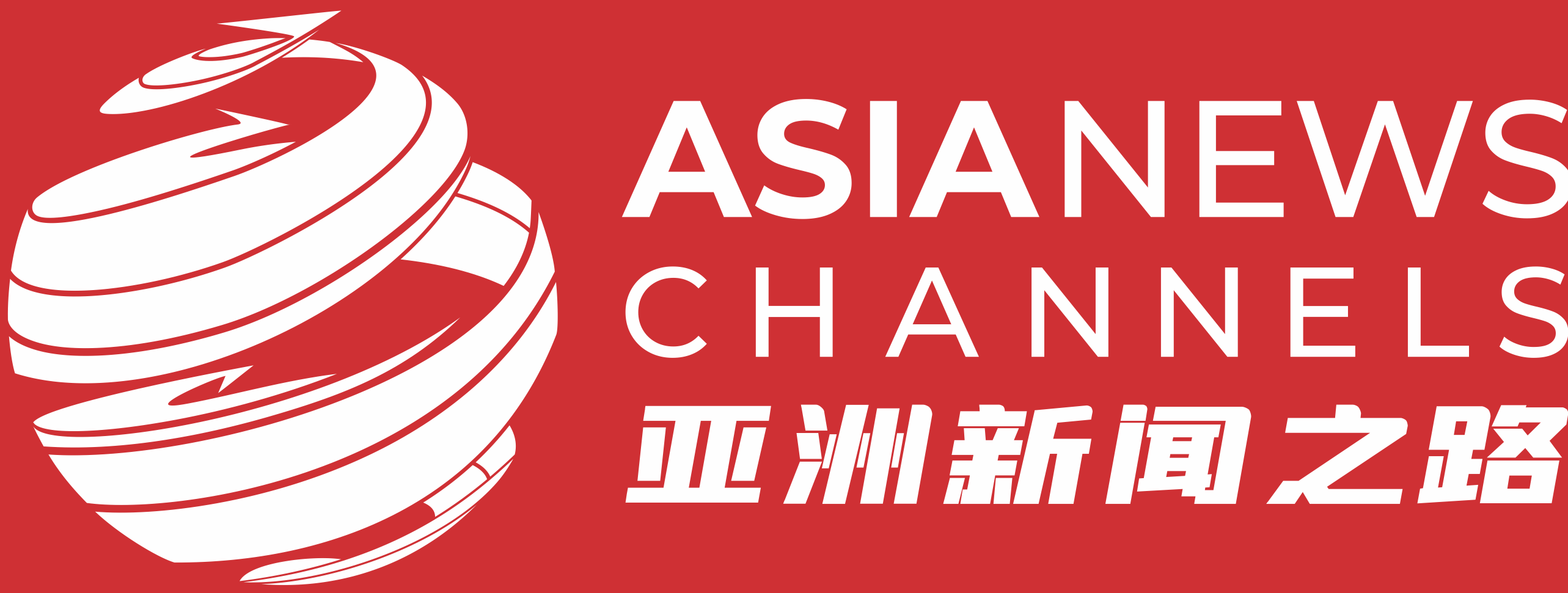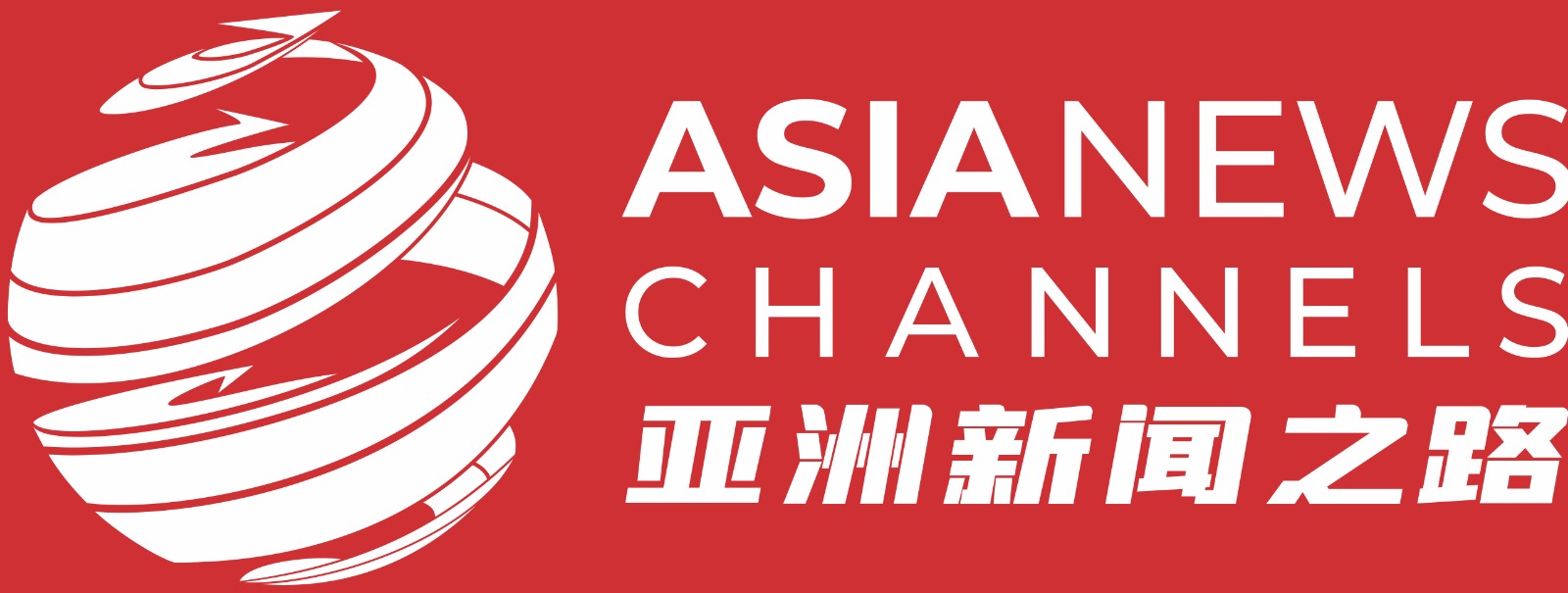25/08/2023 (Philippines) - Mounting challenges in the domestic and global economic arena may see the Philippines miss its growth targets over the next three years, as indicated by recent projections from the Bangko Sentral ng Pilipinas (BSP).
While top economic officials have voiced optimism about the country's economic trajectory, the BSP's recent Monetary Policy Report suggests that the gross domestic product (GDP) growth for 2023 to 2025 could trail the benchmarks established by the Development Budget Coordination Committee (DBCC).
Earlier data from the Philippine Statistics Authority revealed a dip in GDP growth to 4.3% in the year's first quarter, down from 6.4% in the succeeding quarter.
Factors like economic headwinds, combined with the repercussions of monetary policy tweaks, could potentially peg GDP growth below the DBCC's anticipated 6-7% for 2023, and 6.5-8% for the two years following. The BSP’s statement elaborated on the adjustments to the full-year growth projections for 2023 and 2024, reflecting the unanticipated slowdown in Q2, amidst tepid global economic circumstances and the uptick in global oil prices.
However, the central bank highlighted that this doesn't spell stagnation. The economy is still on an expansion trajectory, albeit more gradually. The peak impact of the BSP's policy adjustments is anticipated to emerge in 2024.
Encouragingly, the medium-term growth landscape could witness a boost from structural reforms, poised to amplify both the investment milieu and investor confidence within the nation. Noteworthy is the recent approval of the Regional Comprehensive Trade Partnership (RCEP), which promises enhanced market access, reduced trading hurdles, and an amplified export competitive edge via streamlined regulations.
In addition to the RCEP endorsement, key revisions to economic liberalization laws, like changes to the Retail Trade Liberalization Act, Foreign Investments Act, and others, are set to play a pivotal role.
"By 2023, our economic activity will be near its potential. However, we anticipate a tempering in the subsequent years as previous demand eases and the full effects of our monetary policy measures permeate," stated the BSP.
Despite Q2's slowing pace, the government's economic consortium, spearheaded by notable figures like Finance Secretary Benjamin Diokno and BSP Governor Eli Remolona Jr., remains bullish about achieving the DBCC's set targets.
Governor Remolona underscored the BSP's capability to elevate interest rates if necessary, especially if inflation risks loom. Currently, inflation is forecasted to return to the 2-4% benchmark by the year-end.
From the start of the year until July, inflation averaged at 5.8%, hovering above the designated 2-4% range. Notably, the past half-year has seen the consumer price index descend consistently, allowing the central bank to maintain its existing stance in recent rate-setting congregations.
In its closing assessments, the BSP projects a tempered inflation of 3.4% in Q4 2023, further dwindling to 2.4% in early 2024, but then observing a slight surge in the subsequent quarters. Critical influencers on these figures include global oil prices and the delayed consequences of wage structure alterations.



